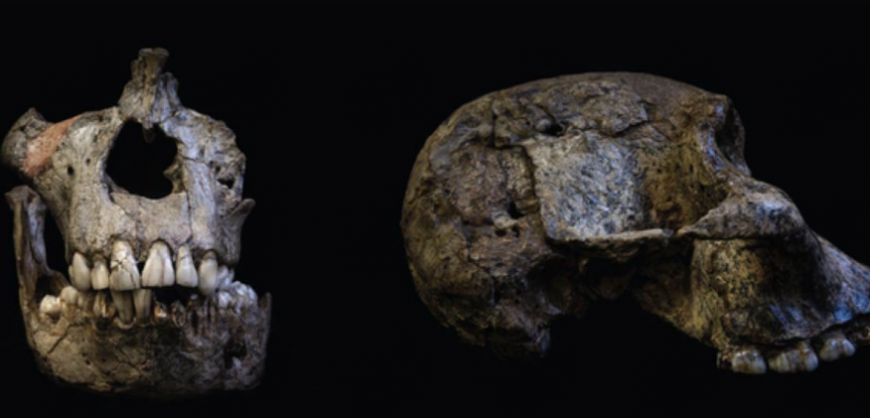Humans’ distant ancestor Australopithecus africanus had a unique approach to raising their young, as shown in new research published in Nature.
Geochemical analysis of four teeth shows they exclusively breastfed infants for about 6-9 months, before supplementing breast milk with varying amounts of solid food until they were 5-6 years old. The balance between milk and solid food in this period varied cyclically, probably in response to seasonal changes in food availability.
This knowledge is useful on several fronts. From an evolutionary point of view, it helps understand the particular biological and behavioural adaptations of Australopithecusafricanus compared to other extinct human ancestors and modern humans.
However, breastfeeding for up to 5-6 years is metabolically expensive – it requires a certain input of calories for the lactating mother. Using milk as a supplemental food for older offspring may have hampered the ability of the Africanus species to successfully survive during a period of substantially changing climate.
Perhaps this way of life hastened the extinction of an Africanus around 2 million years ago.
more at ancient-origins.net






































